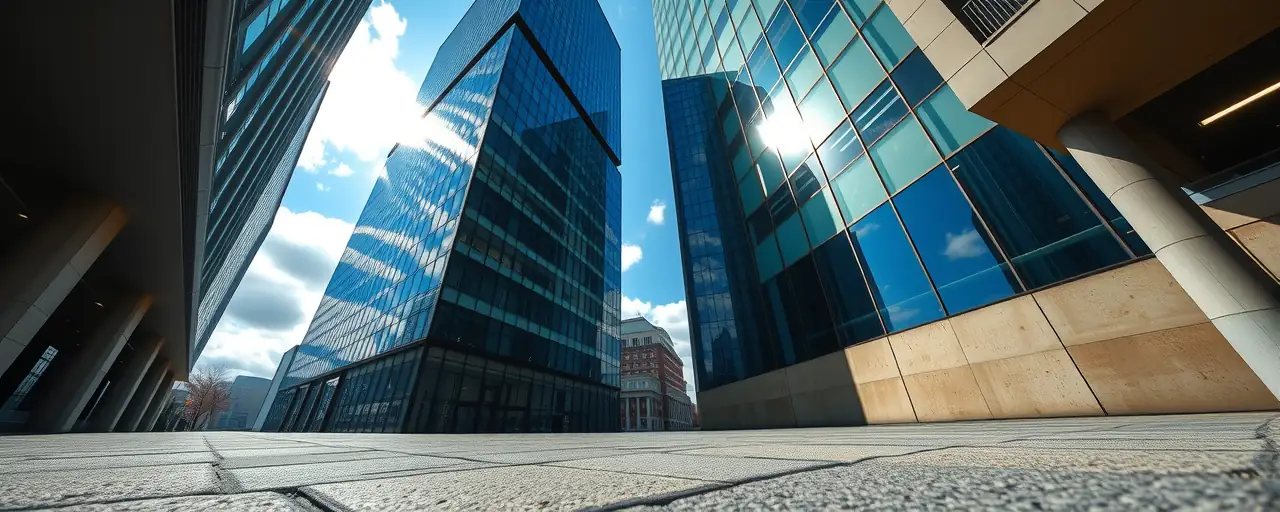A Tax Plan That Forgets the Struggling
House Republicans recently unveiled a tax bill, heralded as a victory for growth. Yet its 28 pages reveal a harsh truth: it lavishes benefits on the wealthy while leaving working families to fend for themselves. In an era of rising costs and economic strain, why do policymakers champion tax breaks for the affluent instead of relief for those barely getting by?
Pushed by President Trump and his allies, this legislation aims to lock in the 2017 Tax Cuts and Jobs Act provisions. It offers a slightly larger child tax credit and a modest standard deduction bump. But the true beneficiaries are unmistakable: high earners and corporations, poised to pocket billions as programs like Medicaid face steep cuts. Supporters call this a path to prosperity, but history exposes a different reality.
For years, advocates of supply-side economics have sold tax cuts as a universal fix. Reagan’s 1981 reforms and Bush’s early-2000s cuts promised jobs and growth. Instead, they delivered soaring deficits and wealth hoarded by the few. The 2017 tax cuts drained $1.5 trillion from federal coffers in just two years, with two-thirds of the gains going to the richest 20 percent of households.
Today, in 2025, that flawed approach returns. The Joint Committee on Taxation projects this plan will cost $5 trillion over ten years, with tariffs covering only $2.1 trillion while shrinking economic output. Who bears the burden? Everyday Americans, whose essential services are slashed to fund tax relief for the elite.
This plan reveals stark priorities: shield the wealthy, neglect the rest. With 58 percent of Americans naming inflation as their top worry, how can we justify policies that sideline millions struggling to afford necessities?
The Real Toll on Real People
The bill’s specifics expose its skewed impact. It cements individual rate cuts that overwhelmingly favor the top 1 percent, increases the pass-through deduction for affluent business owners, and lifts the estate tax exemption to $15 million. Meanwhile, the child tax credit rise to $2,500 per child fades by 2028. Low-income families, dependent on programs like nutrition assistance, face cuts to offset these handouts.
Progressive groups warn that these measures deepen racial and income divides. The unchanged $10,000 SALT cap continues to hurt high-tax states, often those with robust social services. Proposed Medicaid eligibility changes jeopardize healthcare for millions. This is more than policy; it’s a decision to value wealth over well-being.
Backers claim these cuts will spark investment and jobs. Yet, economic studies tell a sobering story. The Congressional Budget Office reported the 2017 cuts added $1.9 trillion to deficits for a mere 1 percent GDP gain, skewed toward high earners. Tariffs intended to offset costs may cut output by 0.8 percent, raising prices for consumers. Why cling to a strategy that’s proven ineffective?
The partisan rift is glaring. Republicans, more likely to view the economy as thriving, defend these cuts as pro-growth. Democrats, focused on the challenges facing working families, call them irresponsible. This divide isn’t just political; it’s a failure to address the needs of the most vulnerable.
Think of the single parent juggling multiple jobs or the retiree rationing medication to pay bills. These are the people this bill overlooks. It entrenches an inequality gap that progressive policies have long fought to close, rewarding those already prospering.
Compounding the issue, the bill ignores pressing needs like fairer tax codes or clean energy credits. While global efforts push for corporate tax minimums, this plan preserves loopholes for the rich. It’s a retreat from progress in a world that demands fairness.
Choosing a Fairer Future
This tax bill isn’t set in stone. Congress has the power to forge a better path, one that prioritizes people over profits. Lawmakers could expand permanent credits for low-income families, restore SALT deductions, and safeguard Medicaid. Such measures would lighten the load on the middle class and narrow inequality.
The legislative process offers opportunity. Senate talks, expected to extend into summer, provide space to reshape this bill. Democrats, holding sway in conference committees, can advocate for equitable offsets and reject cuts to vital programs. The public can also demand change—58 percent of Americans seek relief from inflation, not tax breaks for the affluent.
This struggle defines who America serves. The House Republicans’ plan favors the wealthy over workers, corporations over communities. Yet, we can insist on better. We can build an economy where prosperity reaches everyone, not just the privileged few. Will we rise to this challenge or let inequality shape our nation’s future?
